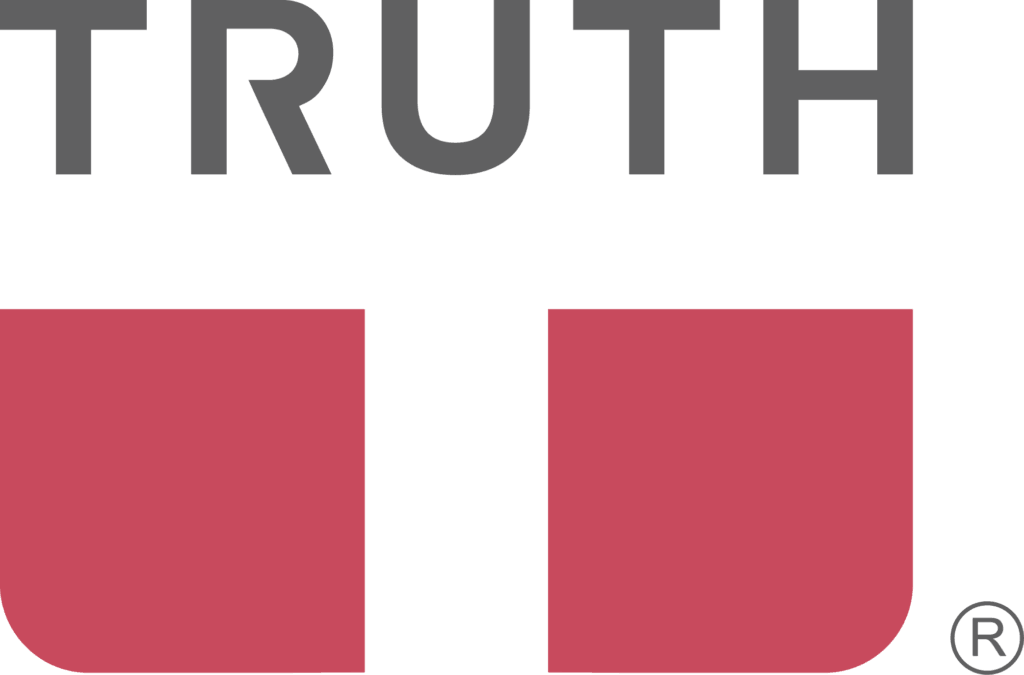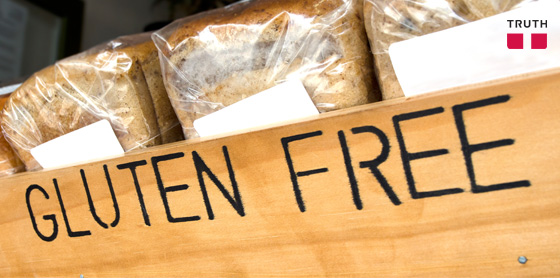Being a vegan fashion blog, here at Truth we often touch on other issues as well. One of my pet subjects is health. It’s something in which I’m very interested, and with the increase of pollution, radiation, and genetically modified foods I believe it will only become more important as the years go on.
I’m not a vegan, so I can’t write much about the vegan lifestyle with authority. But I have written about health here on Truth Belts a few times. I’ve written about how vegan meat alternatives aren’t as healthy as you might think, about how a poor vegan diet can lead to health issues, and about the importance of healthy exercise. And this article is no different.
I’m sure you’ve noticed “gluten free” is one of the latest trends in the world of health and diets. A few years ago, you probably had never heard of gluten, but now the gluten free label is on just about everything. But what is gluten, and why is it important to be gluten free?
What is Gluten?
Gluten is a type of protein found in grains like wheat, rye, and barley. It exists in grains to help nourish the seed during germination, but it also helps give bread its elasticity.
Seems pretty harmless, right? The issue is in what it does to our body. The most commonly acknowledged condition is called celiac disease.
What is Celiac Disease?
Some suffer from celiac disease, which causes their body to have an adverse reaction to gluten. Basically, it causes an immune response which actually causes the immune system to attack the body itself, damaging your intestines.
As a result, they suffer greatly when they eat gluten. But it’s notoriously hard to diagnose, since everyone’s symptoms are different. They might experience constipation or diarrhea, stomach pain or heartburn, fatigue or weight loss, joint pain or acne. There is really no “typical” case of celiac disease.
Because of this it’s hard to get accurate estimates of just how many people suffer from celiac disease, but the general consensus is it’s fairly rare. But even if you don’t suffer from celiac disease, gluten can still cause problems.
But gluten isn’t just bad for those who suffer from celiac disease. Others simply have a gluten sensitivity, which doesn’t trigger an immune response but still causes similar symptoms to celiac disease.
And even if you rule that out, there is growing research which shows it can make those who suffer from IBS (Irritable Bowel Syndrome) worse, and it may also lead to leaky gut syndrome, an issue where the stomach lining “leaks” unwanted material into your bloodstream. Bad news.
But one of the most frightening potential gluten-related illnesses is cerebellar ataxia, a serious brain condition causing damage to the cerebellum, which can impair balance, movement, and lead to problems talking. And while this condition can have a range of causes, consumption of gluten is one of them.
And while conclusive research has yet to be done, patients with ailments such as schizophrenia, epilepsy, autism, and even autoimmune diseases such as Hashimoto’s Thyroiditis, multiple sclerosis, and diabetes have been linked to consumption of gluten.
In short, gluten can cause all sorts of health issues. And frankly, it just isn’t a necessary part of one’s diet. The nutrients we derive from wheat, grains, and cereals can be easily gained from other sources.
Gluten Free Alternatives
There are, however, gluten-free alternatives to just about everything which has gluten in it. In your local food dispensary, you’ll find gluten free bread, gluten free muffins, gluten free pasta, gluten free pizza, the list goes on. Anything you can imagine has a gluten free version of it. But just because there’s no gluten doesn’t mean it’s good for you.
In fact, these gluten-free alternatives can cause a handful of other problems too! Ameer Rosic, a registered holistic nutritionist and online health expert, does a fantastic job of explaining why in his video, “Gluten Free Diet Scam”.
Basically, he explains gluten is named so because it acts like a glue to hold the bread together. And to remove the gluten from a bun, it goes through chemical extraction processes which can be harmful in themselves. But because the gluten holds the bread together, it needs to be replaced with something else, or the bun will just crumble apart.
Usually they replace it with potato starch, tapioca starch, or soy protein. Besides not holding the bun together anywhere nearly as well as gluten (if you’ve ever had a gluten free bun, you know what I mean), these additives have been shown to be harmful to your health. Starch of any sort is converted into sugar pretty quickly, and soy has been shown to have all sorts of health issues.
And speaking of sugar, gluten free bread is also higher in sugar than regular wheat bread. And large amounts of sugar cause all sorts of health issues! Refined sugar is not good for the human body.
So What’s the Deal With Gluten Free Alternatives?
At the end of the day, a gluten free diet is a good thing. There are no nutritional benefits to gluten which are exclusive to gluten. Although the stuff is high in protein and iron, you can get both of these from other sources which won’t be anywhere near as harmful!
There are, however, a few grains which are naturally gluten free, including amaranth, quinoa, and millet. So if you’ve got a hankering for some grains, stick with these.
But when it comes to gluten free alternatives, it’s best to just steer clear of them. Stick with whole foods, including vegetables, tubers, fruit, nuts, seeds, oils, and if you aren’t vegan, grass fed meats and eggs. If you eat the organic versions of these things, you can’t go too far wrong.
Yours in health, consciousness, and cool fashion, this is Renia Pruchnicki of Truth! Live Your Truth, and Respect Others’!


Awesome article Brad! I know I sure feel better when I stick to gluten free foods. I am not allergic, but I do notice that I feel better eating this way.